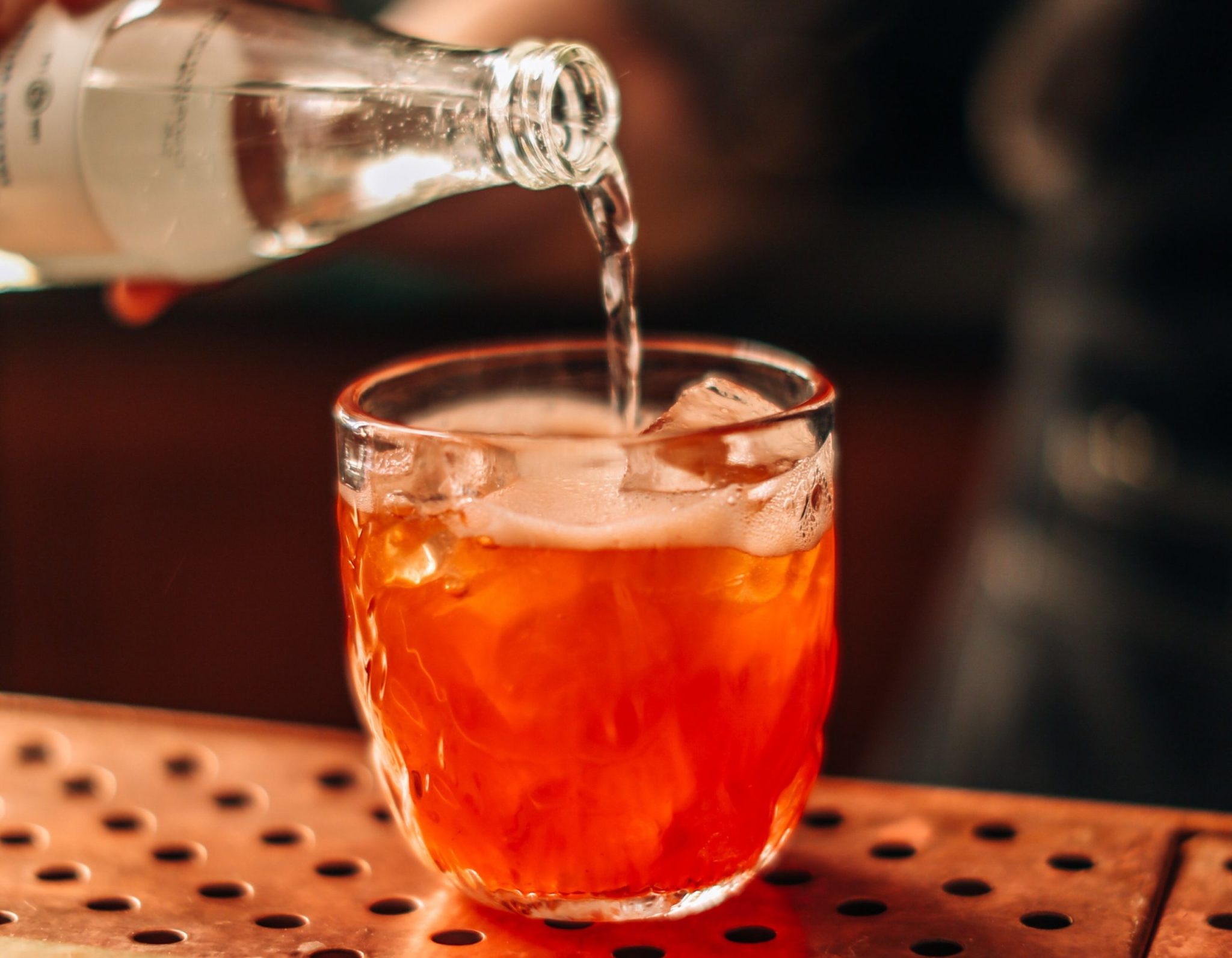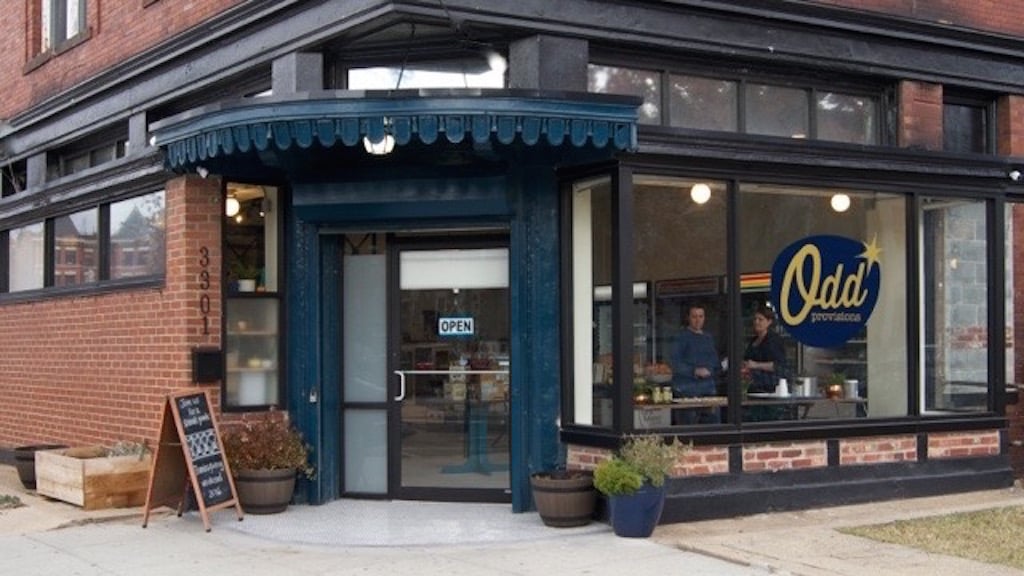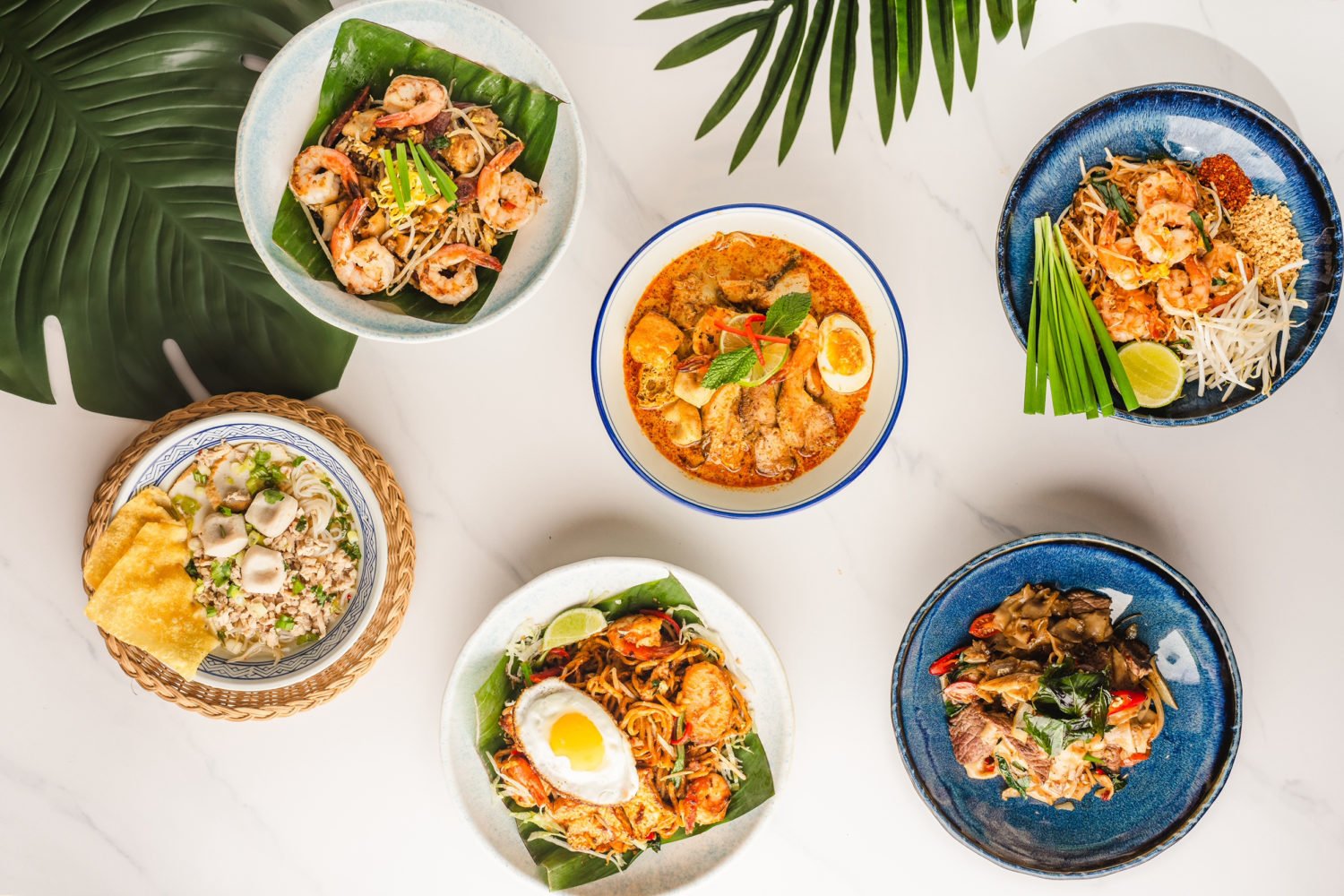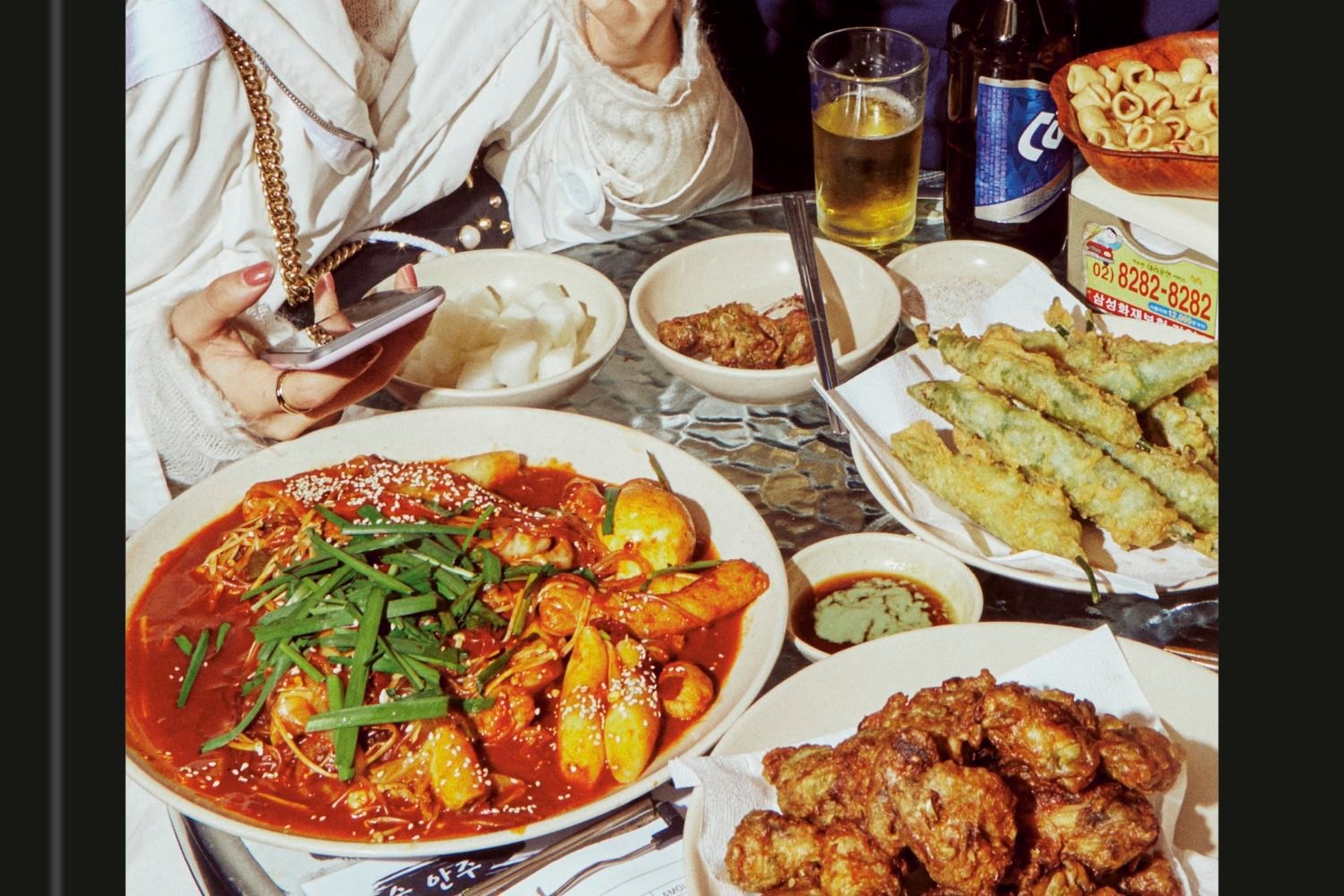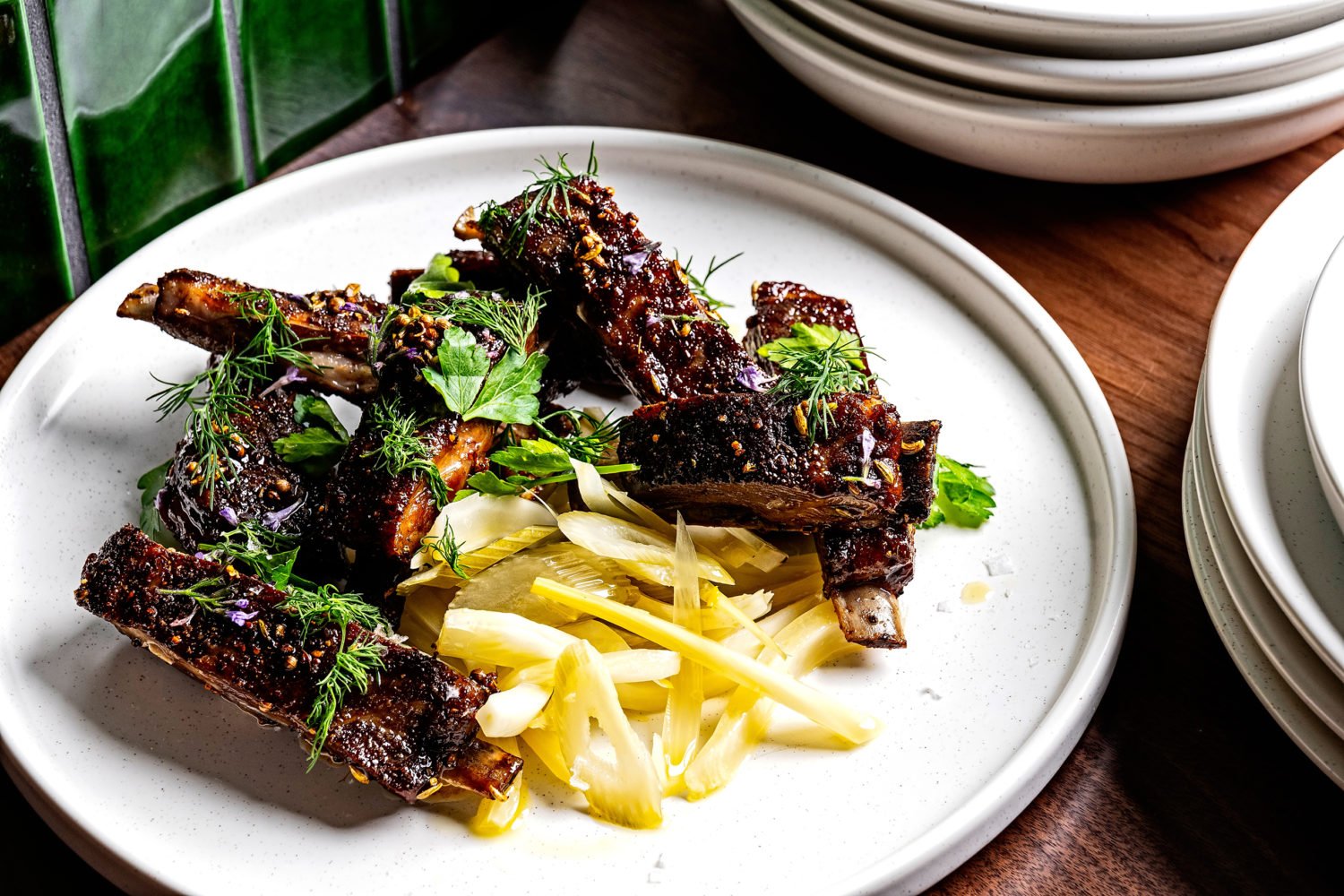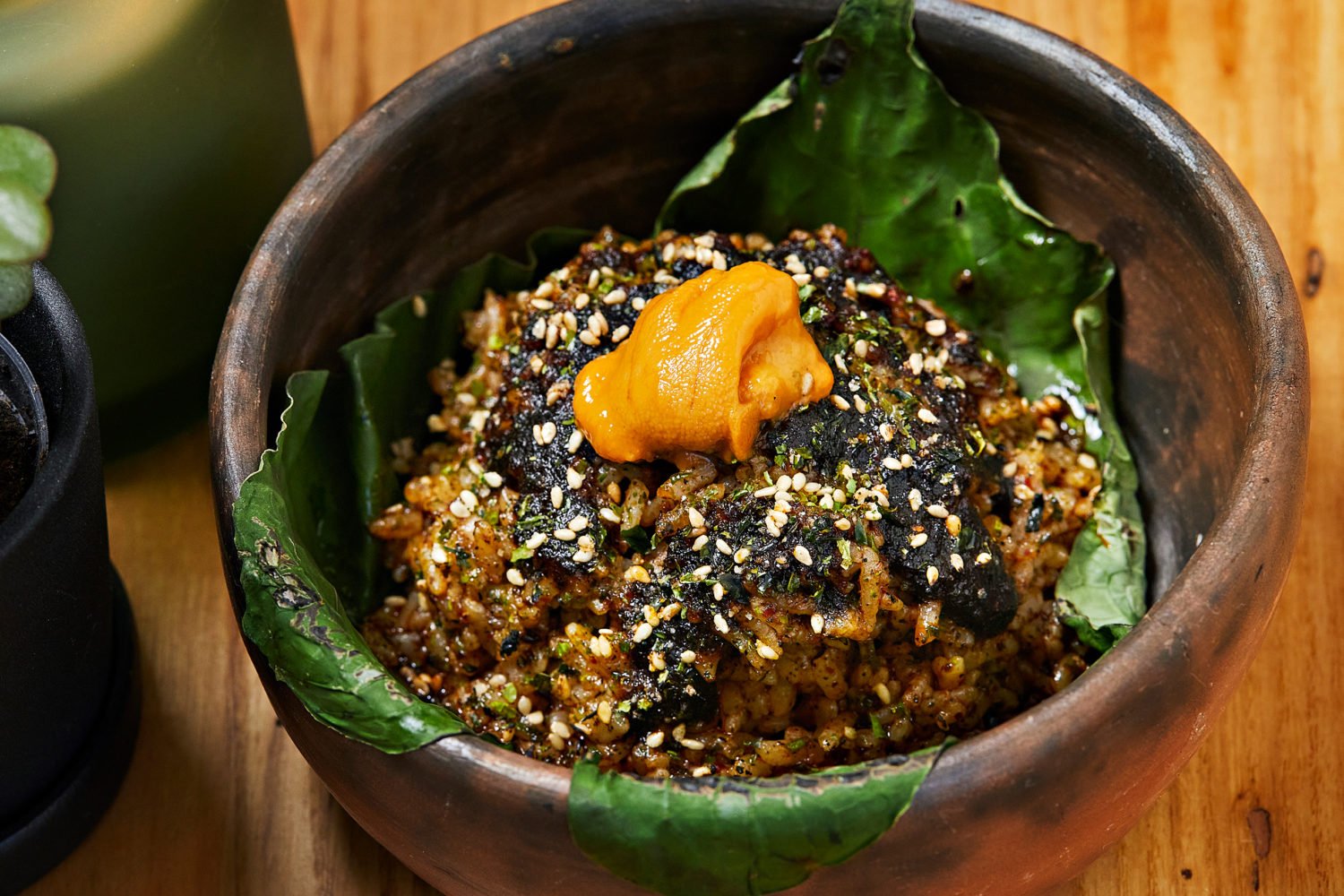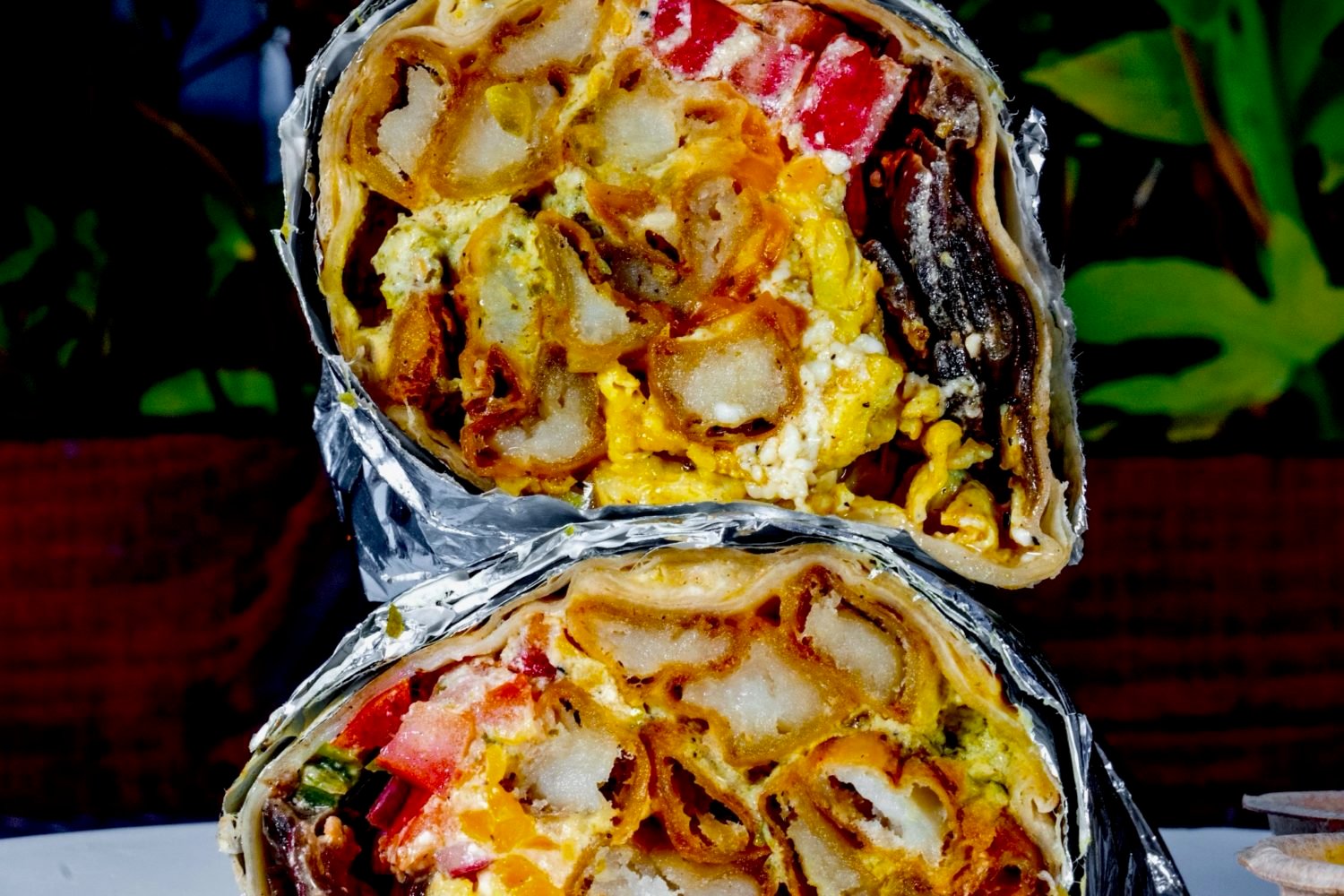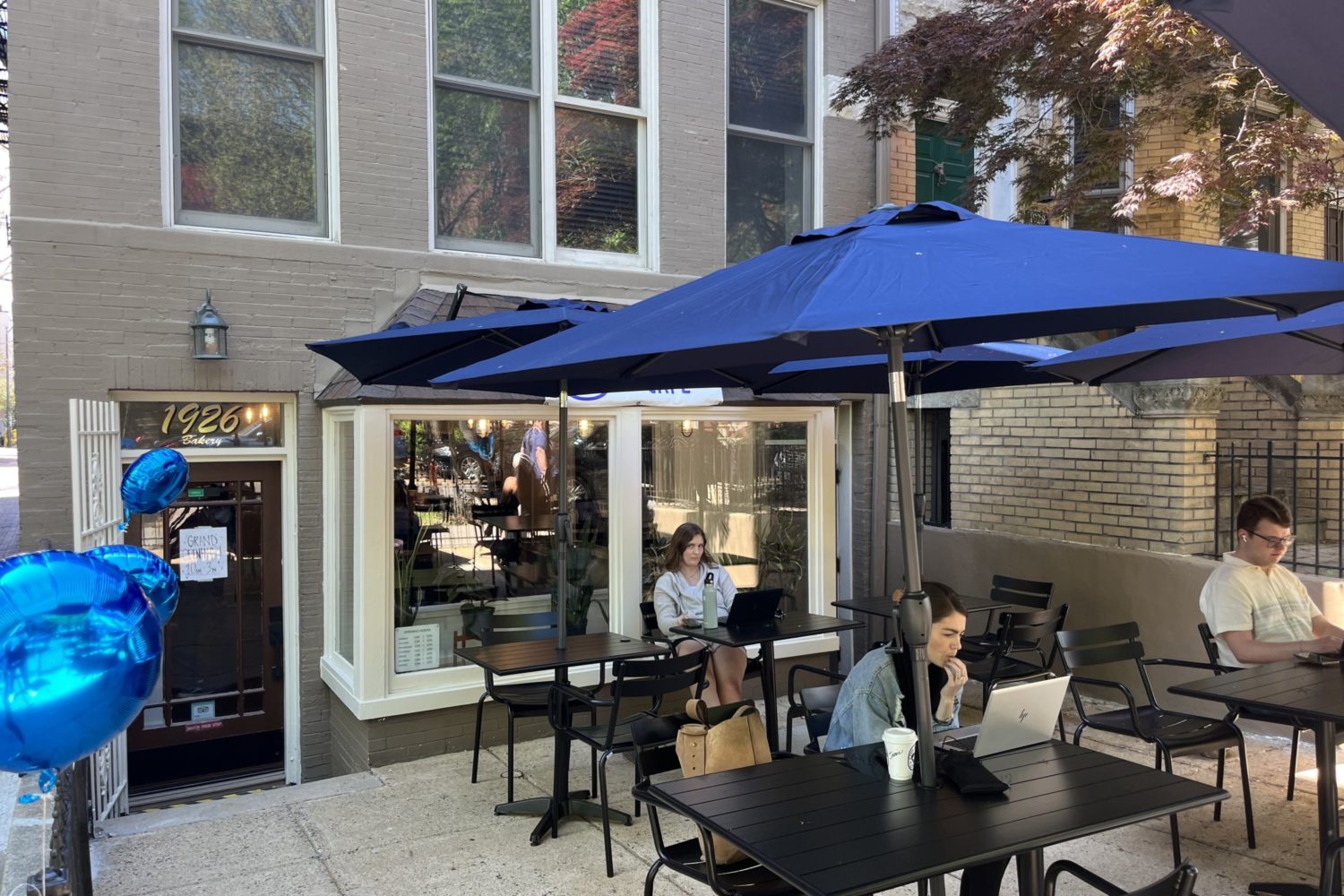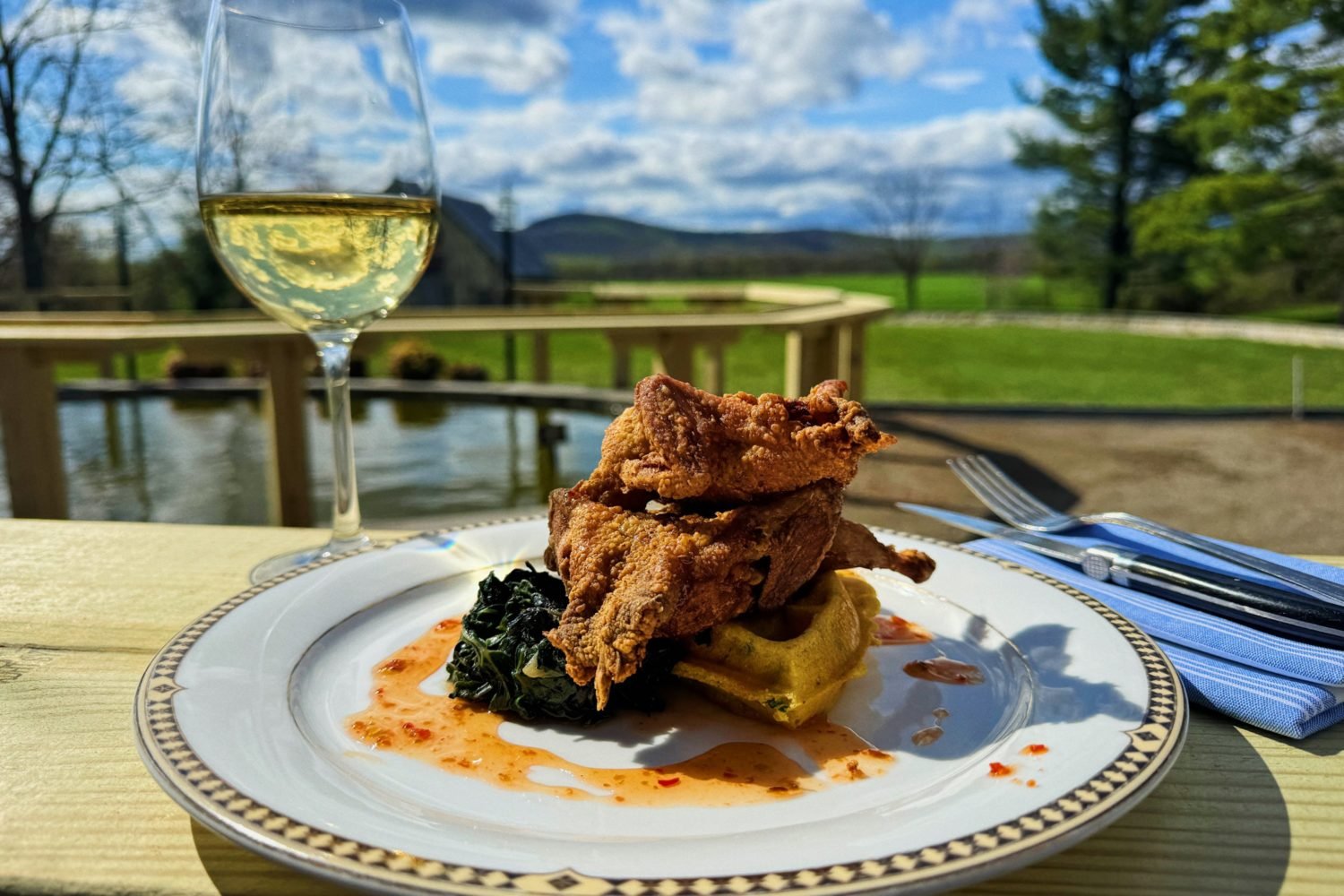Non-alcoholic drinks have slowly (very slowly) started showing up on cocktail menus around DC, but exactly what to call them is still a matter of great debate. What’s clear is that the reigning term—”mocktail”—is becoming as unpopular as “mixologist.”
“It sounds like a mockery. It sounds like a fake version of something,” says Himitsu co-owner Carlie Steiner. “That’s what we’re trying to get away from.”
So, is there a better phrase?
A lot of the alternatives don’t seem to capture the many, diverse reasons people might not be drinking: pregnancy, religious practices, health issues, driving home, or simply not being in the mood (to name a few). Minibar dubs its non-alcoholic pairing the “virtue selection,” implying you’re a puritan for forgoing whiskey and wine. Meanwhile, Baltimore’s Woodberry Kitchen calls its options “teetotalers,” the word for someone who completely abstains alcohol and a nod to Prohibition. But even co-owner Corey Polyoka admits he’s “50-50” on the term: “It probably should just be a little more current to our world now, and there’s a lot of reasons people choose not to drink, not just because they’re against the consumption of alcohol.”
Others have tried to get a little more cutesy or catchy with their descriptors. At Founding Farmers, gin-free rickeys and New York egg creams can be found below the “Farmacy” header. At fine-dining Indian restaurant Punjab Grill in Penn Quarter, look for chai-spiced mixes and mango lassis under “zero degree libations.” Cocktail consultant Luca Giovannini explains a sophisticated-sounding name immediately lets you know the drinks are not an after-thought. (As for why “zero degrees,” it’s the Italian translation of zero proof.)
French-inflected 14th street hotspot Bresca advertises “boissons,” the French word for beverages. “It stayed true to ethos of who we are as a restaurant,” says Bar Manager Will Patton. It’s also not as pretentious as “non-alcoholic libations,” which is what the drinks are called in the restaurant’s point-of-sales system. Plus, a lot of diners don’t necessarily know that the word means, so when they ask, it gives the staff a chance to talk them up.
Himitsu’s Steiner has also adopted another language. She’s launching an entire non-alcoholic menu entitled “Sobrio,” the Spanish word for sober. It’ll debut at the Petworth restaurant on June 1 and at her soon-to-open bar, Dos Mamis, across the street. She says the Spanish fits with the rest of the menu, which includes many wines sourced from South and Central American. Also, “it’s just a beautiful word.” The drinks themselves she just calls “non-alcoholic beverages”—because “that’s what they are.” Sure, it’s a little clunkier sounding than “mocktails,” but more precise.
In fact, straightforward seems to be the direction a lot of restaurants and bars are headed. Hazel and The Dabney, for example, just use the label “Non-Alcoholic.” At A Rake’s Progress, Polyoka and Bar Manager Morgan Stana opted for “made without spirits” to describe the menu section devoted to verjus and house tonic concoctions. Though it could lead to some confusion, Polyoka says he also likes the idea of forgoing labels altogether. Drinks with alcohol could be listed alongside those without; drinkers need only read the ingredient list, and a server or bartender can help guide them.
Or maybe, as Steiner points out, the semantics don’t really matter.
“The inclusivity of creating non-alcoholic beverages in your space, I think that’s more important than what you want to call them,” she says. Well, with one exception. “Moving forward, I personally will not be using the word ‘mocktails.'”

